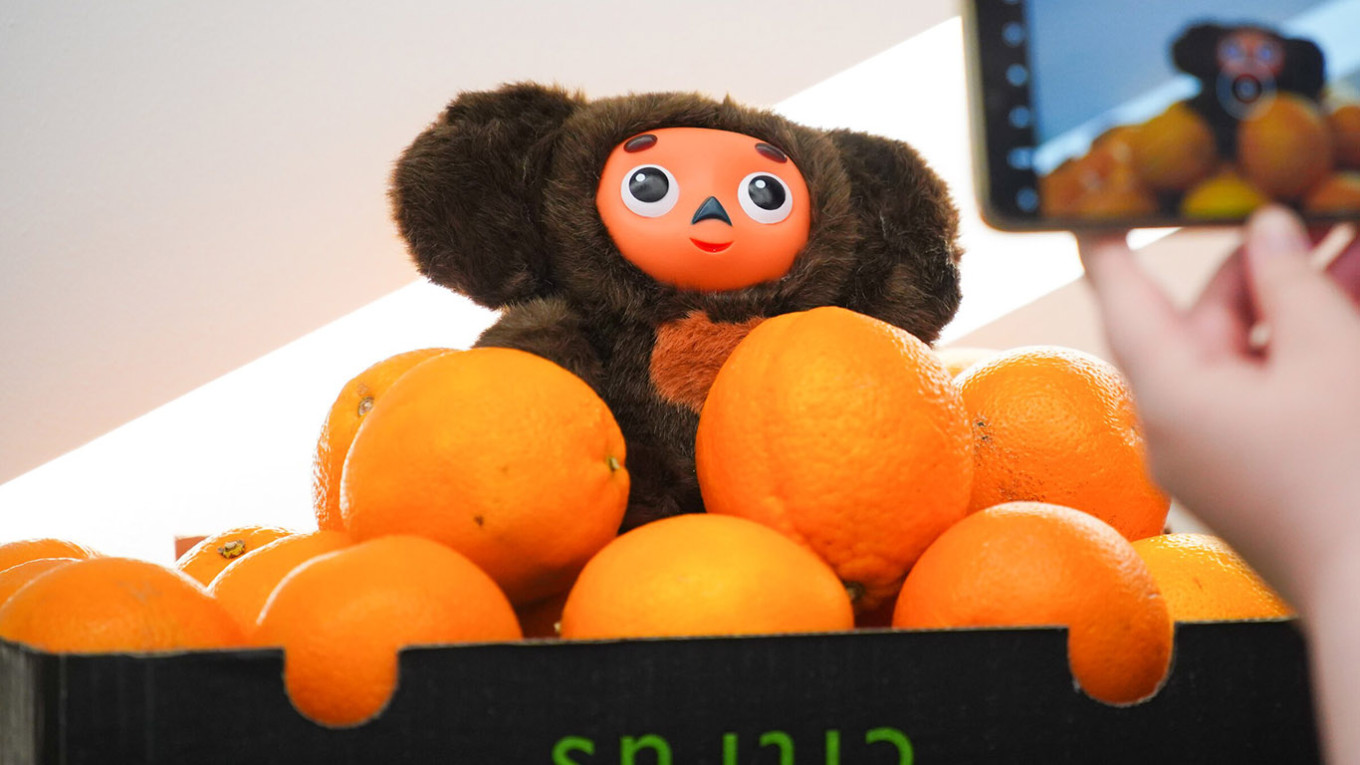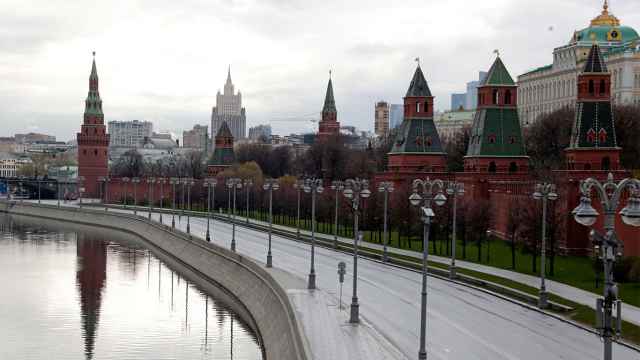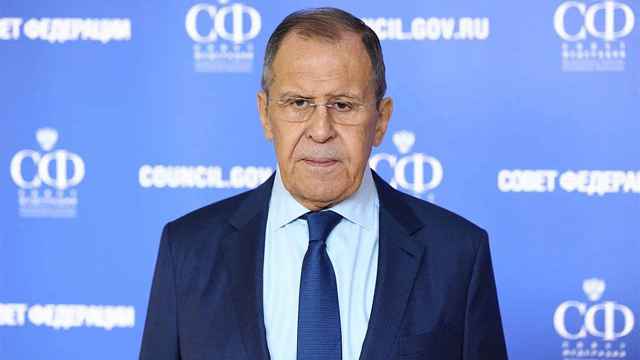Russian lawmakers have re-ignited an old debate: is beloved Soviet cartoon character Cheburashka Jewish?
During a Nov. 13 budget hearing on financing a domestic toy competition, Budget and Tax Committee head Andrei Makarov postulated that Cheburashka, who first appeared in a crate of oranges, was an Israeli Jew.
“Do you remember where oranges were brought to the Soviet Union from? There was only one country. They were imported from Israel. Cheburashka is Jewish, he came in a crate of oranges,” he said.
While other lawmakers tried to argue that the Soviet Union also imported citrus fruit from Spain and Morocco, Makarov countered that the U.S.S.R. did not import oranges from those countries.
In reality, the Soviet Union indeed imported oranges from a variety of countries, Israel included.
The conversation soon went viral on the Russian internet, prompting even the Israeli Consulate in St. Petersburg to comment.
Consul General Ran Gidor reminded the state-run RIA Novosti news agency that the Cheburashka puppet’s creator, Leonid Shvartsman, was a Soviet Jew himself.
“Without a doubt, the hero of the Soviet cartoon has become a cult figure in Israel, because, metaphorically speaking, he made aliyah when he came to our country with the wave of Soviet emigration," Gidor noted.
However, Gidor concluded, the only way to verify Cheburashka’s heritage without information about his parents is to “check whether he is circumcised and make sure that he keeps kosher.”
And while the internet was full of jokes and memes, the debate about Cheburashka’s identity originated from something much more serious.
Cheburashka as a metaphor for Soviet Jewish identity
This debate dates back to at least 2018, when scholar Maya Balakirsky Katz argued that Cheburashka symbolized a “lively and active Jewish culture” at Soviet animation studio Soyuzmultfilm.
“The embedding of Jewish material into the series by its Jewish creators calls into question the narrative that Jewish self-expression was wholly suppressed in Soviet popular culture,” Balakirsky Katz wrote in an article in Tablet Magazine.
And that begins with oranges. Balakirsky Katz pointed out that Jaffa oranges were both a source of pride for Israel and a symbol of Zionism for Soviet Jews.
Cheburashka’s own experience, she wrote, was representative of the Soviet Jewish experience. His confusing identity — ostensibly part bear, part orange — would be recognizable to Jews, whose nationality on internal Soviet passports was listed as “Jew.”
To drive the point home even further, the article says: “Throughout the series, there is a great deal of emphasis on the amorphous social codes that restrict Cheburashka’s desire to live and work ‘as himself’.”
And Cheburashka’s rejection from the zoo, she writes, points to Jews being unable to access certain parts of Soviet life or cross certain thresholds despite “supposed socialist openness to genetic diversity.”
A Message from The Moscow Times:
Dear readers,
We are facing unprecedented challenges. Russia's Prosecutor General's Office has designated The Moscow Times as an "undesirable" organization, criminalizing our work and putting our staff at risk of prosecution. This follows our earlier unjust labeling as a "foreign agent."
These actions are direct attempts to silence independent journalism in Russia. The authorities claim our work "discredits the decisions of the Russian leadership." We see things differently: we strive to provide accurate, unbiased reporting on Russia.
We, the journalists of The Moscow Times, refuse to be silenced. But to continue our work, we need your help.
Your support, no matter how small, makes a world of difference. If you can, please support us monthly starting from just $2. It's quick to set up, and every contribution makes a significant impact.
By supporting The Moscow Times, you're defending open, independent journalism in the face of repression. Thank you for standing with us.
Remind me later.






